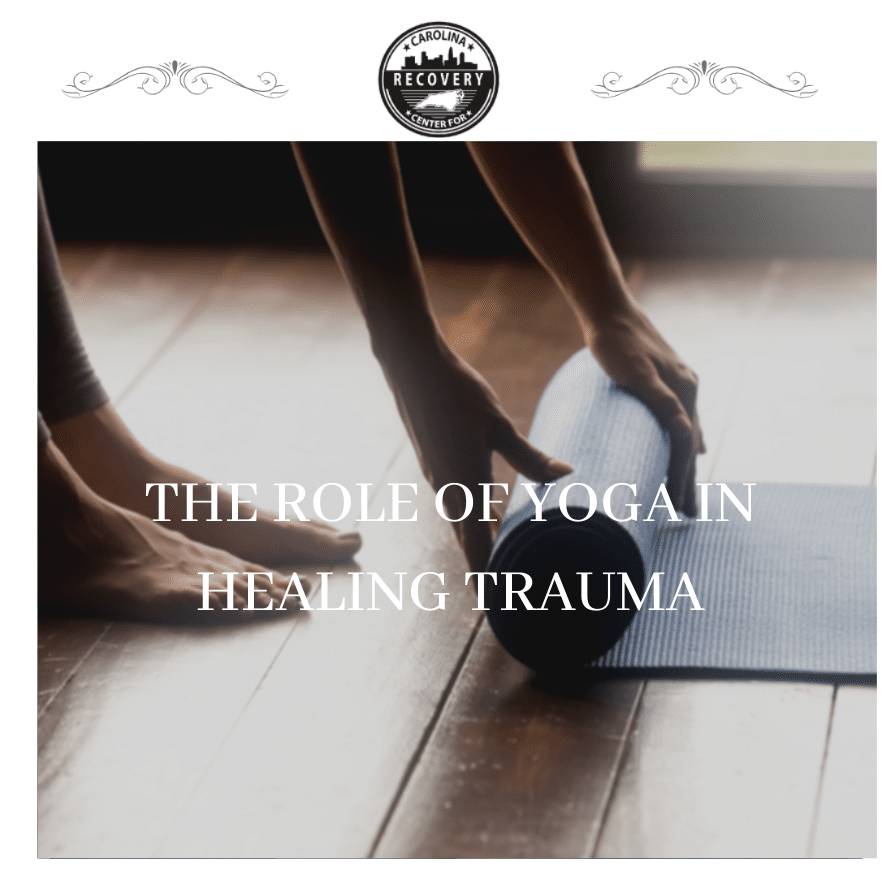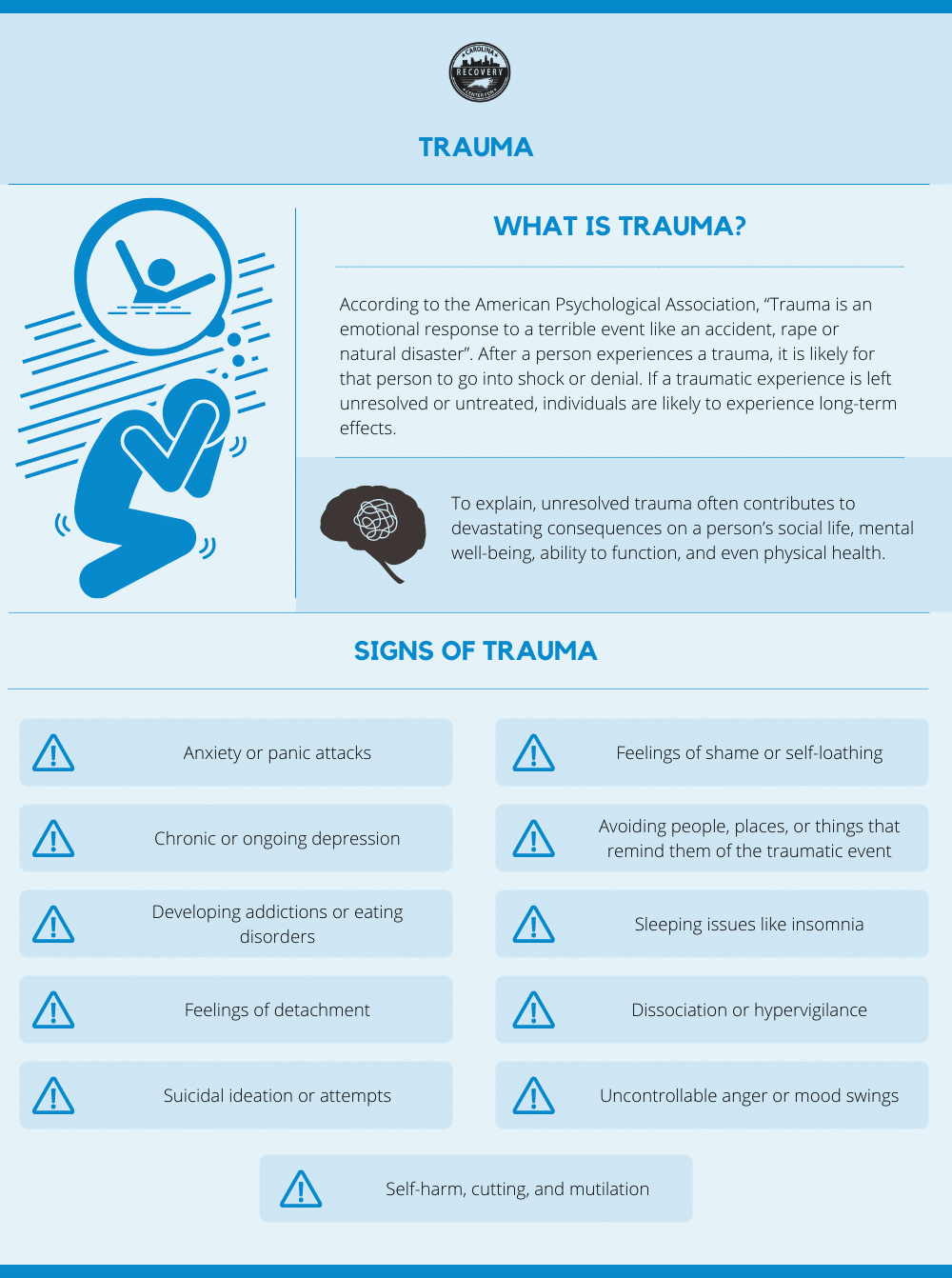The Role of Yoga in Healing Trauma

Medically Verified: 2/1/24
Medical Reviewer
Chief Editor

All of the information on this page has been reviewed and verified by a certified addiction professional.
Surprisingly, yoga has a profound effect on healing trauma. Unfortunately, most people have or will endure a traumatic experience at least once in their lifetime. In fact, SAMHSA recently reported that approximately 61% of men and 51% of women have experienced some form of trauma throughout their life. Dealing with the after-effects of a traumatic experience may provoke a person to develop unwanted symptoms. For example, unresolved trauma sometimes leads to the development of addiction, eating disorders, poor decision making, and much more. As a result, individuals displaying a history of trauma require treatment, therapy, and sometimes medications to manage post-traumatic stress disorder (PTSD).
However, behavioral specialists suggest that utilizing yoga therapy positively impacts individuals recovering from trauma. According to the National Center for Complementary and Integrative Health, yoga therapy can help to reduce anxiety and improve one’s mental health. Additionally, yoga is effective at reducing symptoms of PTSD – making yoga therapy an attractive choice for patients suffering from traumas. That being said, many individuals opt for yoga therapy in combination with behavioral therapy in order to effectively treat symptoms of unresolved trauma.
What is Trauma?

According to the American Psychological Association, “Trauma is an emotional response to a terrible event like an accident, rape or natural disaster”. After a person experiences a trauma, it is likely for that person to go into shock or denial. If a traumatic experience is left unresolved or untreated, individuals are likely to experience long-term effects. To explain, unresolved trauma often contributes to devastating consequences on a person’s social life, mental well-being, ability to function, and even physical health.
Common signs of unresolved trauma include, but are not limited to:
- Anxiety or panic attacks
- Feelings of shame or self-loathing
- Chronic or ongoing depression
- Avoiding people, places, or things that remind them of the traumatic event
- Developing addictions or eating disorders
- Sleeping issues like insomnia
- Feelings of detachment
- Dissociation or hypervigilance
- Suicidal ideation or attempts
- Uncontrollable anger or mood swings
- Self-harm, cutting, and mutilation
If you or a loved one have experienced a traumatic event and are displaying any of the previously mentioned symptoms, it is time to seek help. Fortunately, trauma-informed treatment is available and recovery is attainable. In fact, yoga therapy is a simple, yet effective form of trauma treatment.
The Link Between Yoga Therapy and Trauma Healing
Yoga therapy is an extremely beneficial tool used by many different treatment centers and psychologists. This is because yoga focuses on becoming one with yourself through the expulsion of negative thought patterns and emotions. In fact, studies demonstrate that yoga can help individuals let go of grief, shame, loss, and trauma. Amazingly, yoga helps unlock parts of the body where feelings associated with a traumatic event are stored. This allows individuals to become in touch with their emotions, accept them as they are, and eventually let go.
Some individuals who suffered from a trauma that causes them to fear physical touch may be wary about allowing a yoga instructor to help them achieve certain yoga poses. However, yoga therapy instructors are trained to ask for consent before making any physical contact with their clients. By taking the client’s fears into consideration, they become more comfortable and likely to open up about their trauma. In this case, yoga can be extremely therapeutic for survivors of sexual assault, as it allows them to feel a sense of “regaining ownership” of their bodies.
What is Trauma-Sensitive Yoga?
Trauma-sensitive yoga (TSY) is an evidence-based practice that was developed in order to directly address symptoms associated with traumatic exposure. This form of yoga focuses on body awareness in the present moment. Based on the attachment theory, trauma theory, and neuroscience, TSY allows individuals to recognize choices related to the body while developing the ability to take effective action based on their own decisions. During TSY, invitational language is used, emphasizing the client’s individual choice. Additionally, no physical contact is used during trauma-sensitive yoga to prevent potential triggers of PTSD.
While other types of yoga focus on achieving the proper forms and poses, trauma-sensitive yoga focuses on the internal experience of the individual. This is extremely beneficial for trauma survivors who suffer from self-loathing or feel disconnected from their bodies. In fact, everything about TSY is optional, gentle, and designed to help clients befriend their bodies. Research has found that individuals who combined TSY with traditional psychotherapy were more likely to experience a reduction in trauma-related symptoms. Additionally, these individuals are likely to experience an increase in positive traits such as grace, compassion, acceptance, relating with self and others, centeredness, and even personal growth.
Trauma-Informed Treatment
Carolina Recovery Center is a professional dual-diagnosis addiction treatment center specializing in trauma-informed care. That being said, we help men and women from all walks of life to recover from mental health conditions, substance use disorder, and unresolved trauma. In order to achieve this, we use a combination of traditional addiction and mental health therapy, holistic therapy approaches, and medical treatment. If you or a loved one are suffering from unresolved trauma, we are here to help. To learn more about the benefits of yoga therapy for trauma, give us a call today.

